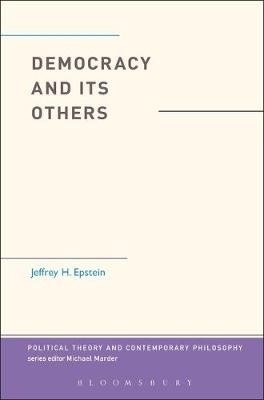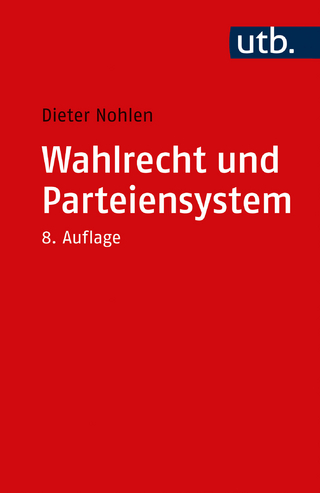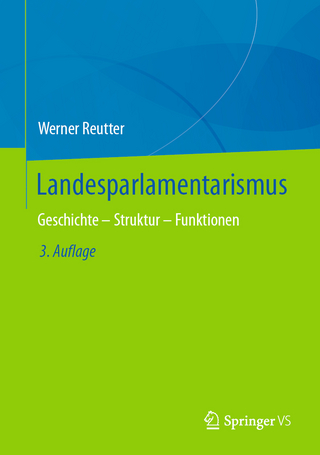
Democracy and Its Others
Bloomsbury Academic (Verlag)
978-1-350-06109-5 (ISBN)
Jeffrey H. Epstein is Visiting Assistant Professor at Cal State University, Fullerton, USA.
Introduction
Chapter 1: Ethnos, Demos, and Foreignness
1.1. Playing Politics: Ethnos and the (Re)Unification of the Demos
Chapter 2: Hospitality or War? A Foreigner Approaches
2.1. The Piraeus
2.2. Cephalus, the Metic
2.3. Polemarchus, the Metic
2.4. Thrasymachus, the Indecidable Foreigner
Chapter 3: The Fearful Origins of Sovereignty in the Social Contract Tradition
3.1. The Fearful Origins of Sovereignty in Hobbes
3.2. The Fearful Origins of Sovereignty in Locke
3.3. The Fearful Origins of Sovereignty in Rousseau
Chapter 4: The Qualities of Sovereignty in the Social Contract Tradition
4.1. Hobbes’ Absolute Sovereign
4.2. Locke’s Neutral Umpire
4.3. Rousseau’s General Will
4.4. A Brief Summary of Sovereignty
Chapter 5: Foreignness, Sovereignty, and the Social Contract Tradition
5.1. Territorial Exclusions
5.2. Homogeneous Unity and the Sovereign Exclusion of Foreignness
5.3. Foreignness in Hobbes’ Theorization of Sovereignty
5.4. Foreignness in Locke’s Theorization of Sovereignty
5.5. Foreignness in Rousseau’s Theorization of Sovereignty
Chapter 6: The Naturalization of Artificial Sovereignty and Foreignness
6.1. Hobbes’ Naturalization of Artificial Sovereignty
6.2. Locke’s Naturalization of Artificial Sovereignty
6.3. Rousseau’s Naturalization of Artificial Sovereignty
6.4. The Naturalization of Artificial Foreignness
Chapter 7: The Foreign-Sovereign
7.1. The Quasi-Regime
Chapter 8: Foreign Unto It-self, The Democratic Nation-State
8.1. Democracy’s Others and the Protection of the Democratic Nation-State
8.2. Foreign Unto It-Self: Autoimmune Democracy
8.3. Democracy to Come and the Foreign-Sovereign
Chapter 9: The Foreign-Citizen at the Threshold of Democratic Cosmopolitanism
9.1. Universal Hospitality at the Border Between the Moral and Legal
9.2. Unconditional Hospitality and the Cosmopolitanism to Come
9.3. Democratic Iterations
9.4. The Foreign-Citizen
Bibliography
Index
| Erscheinungsdatum | 12.08.2017 |
|---|---|
| Reihe/Serie | Political Theory and Contemporary Philosophy |
| Verlagsort | London |
| Sprache | englisch |
| Maße | 152 x 229 mm |
| Gewicht | 431 g |
| Themenwelt | Geisteswissenschaften ► Philosophie |
| Sozialwissenschaften ► Politik / Verwaltung ► Politische Systeme | |
| Sozialwissenschaften ► Politik / Verwaltung ► Politische Theorie | |
| ISBN-10 | 1-350-06109-3 / 1350061093 |
| ISBN-13 | 978-1-350-06109-5 / 9781350061095 |
| Zustand | Neuware |
| Haben Sie eine Frage zum Produkt? |
aus dem Bereich


